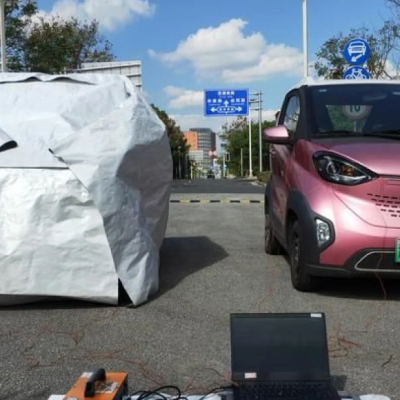A new electrolyte containing fluoride, a toothpaste ingredient, has been developed by researchers at the Argonne National Laboratory (ANL) in the United States. Lithium-metal batteries have a much higher energy density than traditional lithium-ion batteries, but their poor durability has prevented them from being used in electric vehicles. The new electrolyte significantly increases the cycle stability of lithium-metal batteries, making them more durable and powerful. The ANL researchers believe that this breakthrough could lead to a new generation of battery types for electric vehicles beyond lithium-ion.
According to a study by the Fraunhofer Institute for Systems and Innovation Research (Fraunhofer ISI), the total cost of ownership (TCO) of an electric vehicle in Germany is already significantly lower than that of a similar combustion engine vehicle. However, cognitive biases often prevent people from buying economically sensible electric vehicles, particularly in relation to their range. As a result, research institutions and the industry are working on new battery technologies to increase the range of electric vehicles.
The ANL researchers focused on developing new batteries using lithium-metal anodes instead of the graphite anodes used in lithium-ion batteries. These lithium-metal batteries have a cathode with nickel, manganese, and cobalt (NMC) and an energy density that is about twice as high as traditional lithium-ion batteries. However, their performance decreases significantly after fewer than 100 charge-discharge cycles, making them unsuitable for use in electric vehicles. The new electrolyte developed by the ANL contains an additional fluoride solvent that forms a superior protective layer on the electrodes, increasing the cycle stability of the battery. The energy density of the lithium-metal battery does not decrease even after several hundred charge-discharge cycles. The new electrolyte is also cost-effective, environmentally friendly, and non-flammable.
The ANL researchers believe that lithium-metal batteries with their fluorinated cation electrolyte could significantly advance the electric vehicle industry. The potential applications of this electrolyte go beyond lithium-ion systems, and it could lead to a new generation of battery types for electric vehicles.










